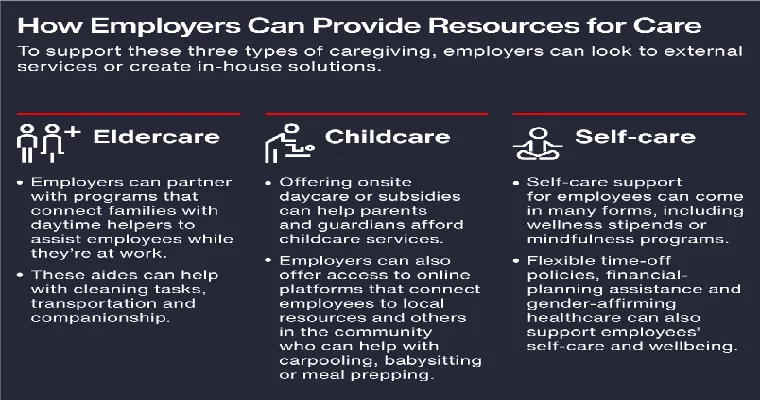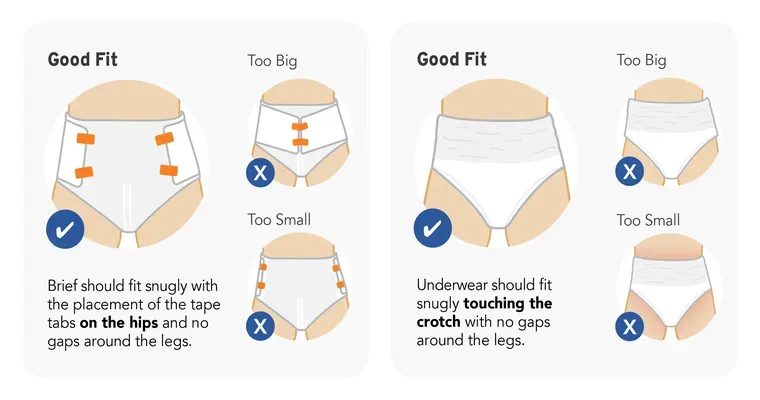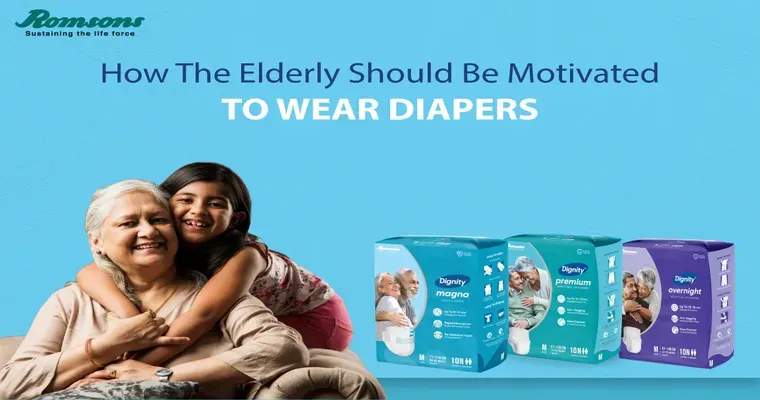
Selected reviews about elderly care communities
Selected reviews about elderly care communities offer valuable insights into the experiences of residents and their families. These reviews can highlight the strengths and weaknesses of different communities, helping you make an informed decision when choosing the right care for your loved one.

Helping vs. Enabling: How to Strike a Balance While Caregiving
Balancing helping and enabling in caregiving is essential for fostering independence while providing support. Caregivers should focus on empowering their loved ones to make decisions and pursue tasks independently, rather than taking over completely. This approach promotes resilience and self-confidence, ensuring both the caregiver and recipient thrive in their roles.

The Growing Problem of Prescription Drug Addiction in Seniors
Prescription drug addiction among seniors is an escalating concern, driven by factors like chronic pain management, polypharmacy, and inadequate monitoring. Many older adults become dependent on medications intended for legitimate health issues, leading to serious physical and mental health complications. Awareness and proactive interventions are crucial to address this growing issue.

The Hazards of Alcoholism in the Elderly
Alcoholism in the elderly poses significant health risks, including increased likelihood of falls, cognitive decline, and chronic diseases. Social isolation and mental health issues may be exacerbated by alcohol use, leading to a cycle of dependence. Early intervention and support are crucial for improving outcomes and enhancing quality of life.

What Can I Do If I Suspect Dad Is Addicted to Prescription Medication?
If you suspect your dad is addicted to prescription medication, approach the situation with care and compassion. Observe his behavior, gather information, and consider discussing your concerns with a trusted family member or professional. Encouraging open dialogue and seeking help from addiction specialists can provide him with the support he needs.

How to Tell the Difference Between Prescription Drug Abuse and Misuse
Prescription drug abuse involves using medication in a way not intended by a doctor, often to achieve a high or for non-medical reasons. Misuse, on the other hand, refers to taking medication incorrectly, such as not following dosage instructions or using someone else's prescription. Recognizing the intent and context is key.

Dementia and Incontinence: 10 Tips for Caregivers
Dementia often leads to incontinence, posing challenges for caregivers. Understanding the condition and implementing practical strategies can ease the caregiving process. This includes maintaining a routine, ensuring easy access to restrooms, using absorbent products, and fostering open communication. These tips promote dignity and comfort for both caregivers and individuals affected by dementia.

Next-Generation Undergarments Defend Against Falls, Infections
Next-generation undergarments are designed with advanced materials and technologies to enhance safety and hygiene. They provide support to prevent falls and incorporate antimicrobial properties to reduce the risk of infections. These innovative garments aim to improve comfort and protection, making them ideal for vulnerable populations and active lifestyles.

Caring for a Loved One With Fecal Incontinence
Caring for a loved one with fecal incontinence requires patience, empathy, and understanding. It's essential to maintain open communication, ensuring their dignity and comfort. Establishing a routine for hygiene and regular bathroom visits can help manage the condition, while providing emotional support fosters a positive environment for both caregiver and recipient.

How to Choose the Best Adult Diapers
When selecting adult diapers, consider factors like absorbency level, size, and fit for comfort. Look for breathable materials to prevent skin irritation and choose a style that suits individual needs, whether for daily wear or overnight use. Reading reviews can also help identify reliable brands and products.

How to Convince a Senior to Wear Adult Diapers
To encourage a senior to wear adult diapers, approach the topic with sensitivity and understanding. Emphasize the benefits, such as increased comfort and independence. Share stories of others who have found relief and confidence using them. Reinforce that it’s a practical solution, helping them maintain dignity and an active lifestyle.

8 Tips for Traveling with Urinary Incontinence
Traveling with urinary incontinence can be manageable with careful planning. Consider choosing accommodations with accessible restrooms, packing extra supplies, and scheduling frequent breaks during your journey. Stay hydrated while monitoring fluid intake, and research nearby facilities. Communicate your needs with travel companions to ensure a comfortable and stress-free experience.
Page 134 of 134